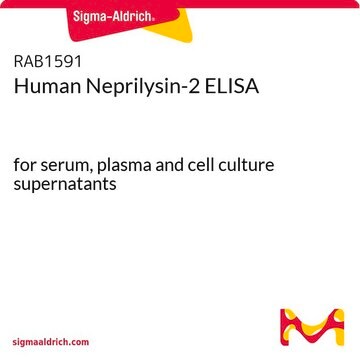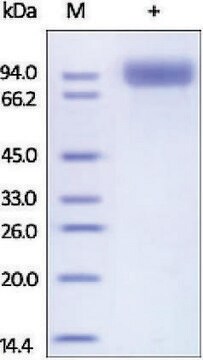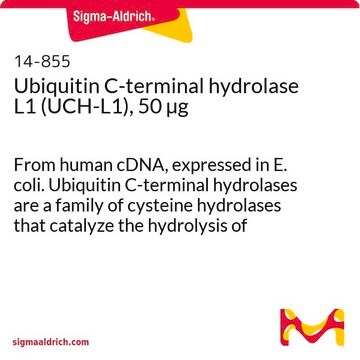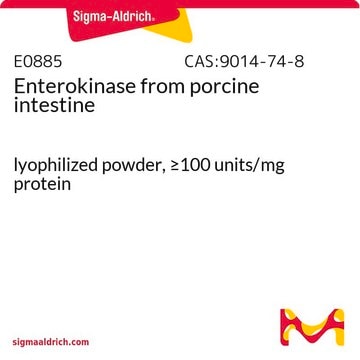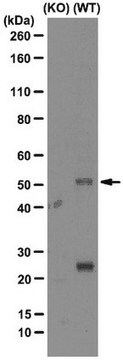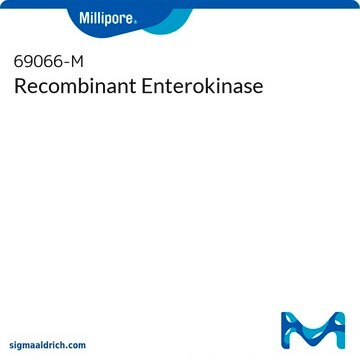AB5458
Anti-Neprilysin Antibody (Neutral Endopeptidase, Nep)
serum, Chemicon®
Synonym(s):
neprilysin, Neprilysin, Enkephalinase, enkephalinase, atriopeptidase, Atriopeptidase, Neutral Endopeptidase, NEP, Endopeptidase 24.11, CD10
About This Item
Recommended Products
biological source
rabbit
Quality Level
antibody form
serum
antibody product type
primary antibodies
clone
polyclonal
species reactivity
rat, mouse, human
manufacturer/tradename
Chemicon®
technique(s)
immunohistochemistry: suitable
western blot: suitable
NCBI accession no.
UniProt accession no.
shipped in
dry ice
target post-translational modification
unmodified
Gene Information
human ... MME(4311)
General description
Specificity
Immunogen
Application
Neuroscience
Neurodegenerative Diseases
A previous lot of this antibody was used on Western Blotting.
Immunohistochemistry:
A previous lot of this antibody was used on Immunohistochemistry.
Optimal working dilutions must be determined by the end user.
Target description
Physical form
Storage and Stability
Analysis Note
Kidney tissue.
Other Notes
Legal Information
Disclaimer
Not finding the right product?
Try our Product Selector Tool.
Storage Class Code
11 - Combustible Solids
WGK
WGK 1
Flash Point(F)
Not applicable
Flash Point(C)
Not applicable
Certificates of Analysis (COA)
Search for Certificates of Analysis (COA) by entering the products Lot/Batch Number. Lot and Batch Numbers can be found on a product’s label following the words ‘Lot’ or ‘Batch’.
Already Own This Product?
Find documentation for the products that you have recently purchased in the Document Library.
Our team of scientists has experience in all areas of research including Life Science, Material Science, Chemical Synthesis, Chromatography, Analytical and many others.
Contact Technical Service